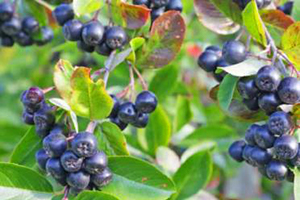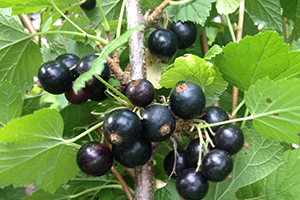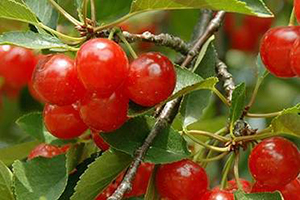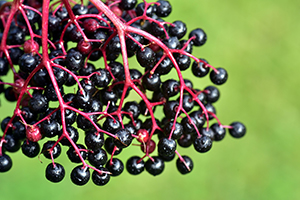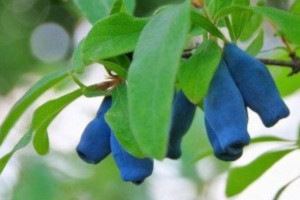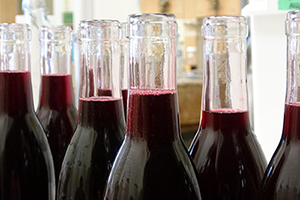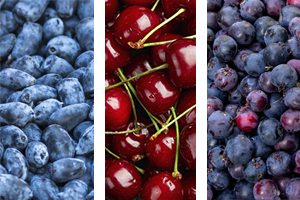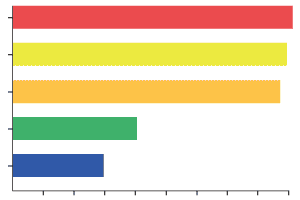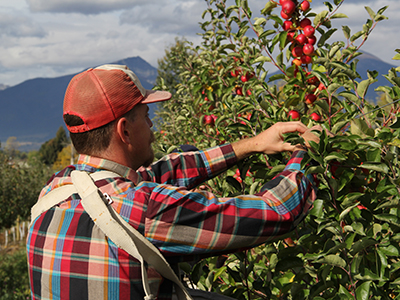Cold Hardy Berries and Dwarf Sour Cherries
Berry‐based “nutraceuticals” or “superfoods” have captured public attention and represent a growing market for these fruits. For example, blueberry consumption across North America has increased four-fold, from ~0.25 billion lbs in 1995 to over 1 billion lbs today. While blueberries are not easily grown in most parts of the state, alternatives include aronia, haskap, dwarf sour cherry, elderberry, saskatoons (serviceberry), and currant. Local food processors have expressed interest in and are currently incorporating these cold hardy fruits into products such as wines, jams, syrups, and juices.
Local fruit growers are interested in producing these types of berries but lack the basic information concerning which types and varieties are adapted to grow in Montana. This project will test the feasibility of these new crops at multiple sites across the state. The goals of this project are to:
1) Determine which cold hardy, nutrient dense fruits are productive and profitable.
2) Educate growers and consumers on which fruits do well in the state and how to grow them.
3) Increase the supply and demand for Montana-grown fruits.
Western Agricultural Research Center (WARC) is collaborating with Montana State University (MSU) Extension, MSU-Plant Sciences, and Flathead Valley Community College to evaluate the cold hardiness, flavor, and productivity of nearly 50 varieties of haskap, aronia, dwarf sour cherry, elderberry, saskatoons, and black and red currant at four sites across the state. The sites will be located at Corvallis, Kalispell, Bozeman, and two locations in Helena. The trial will measure the varieties' winter hardiness, pest susceptibility, production, and flavor. Support for this project has been provided by the MT Department of Agriculture Specialty Crop Block Grant and USDA-NIFA-HATCH.
Dr. Wan-Yuan Kuo and her students at MSU's Food Product Development Laboratory (FPDL) are developing berry-based value-added products, which have the potential to encourage increased consumption of healthy fruits and provide additional revenue for local producers. The FPDL is using samples of WARC's berry varieties combined with other locally-grown ingredients, such as oats and hemp, to create superfood smoothie blends and test their consumer acceptance.
Berry Variety Trials at WARC
Bird Management in Fruit
Additional Grower Resources
Montana State University Extension guide to pocket gopher control

